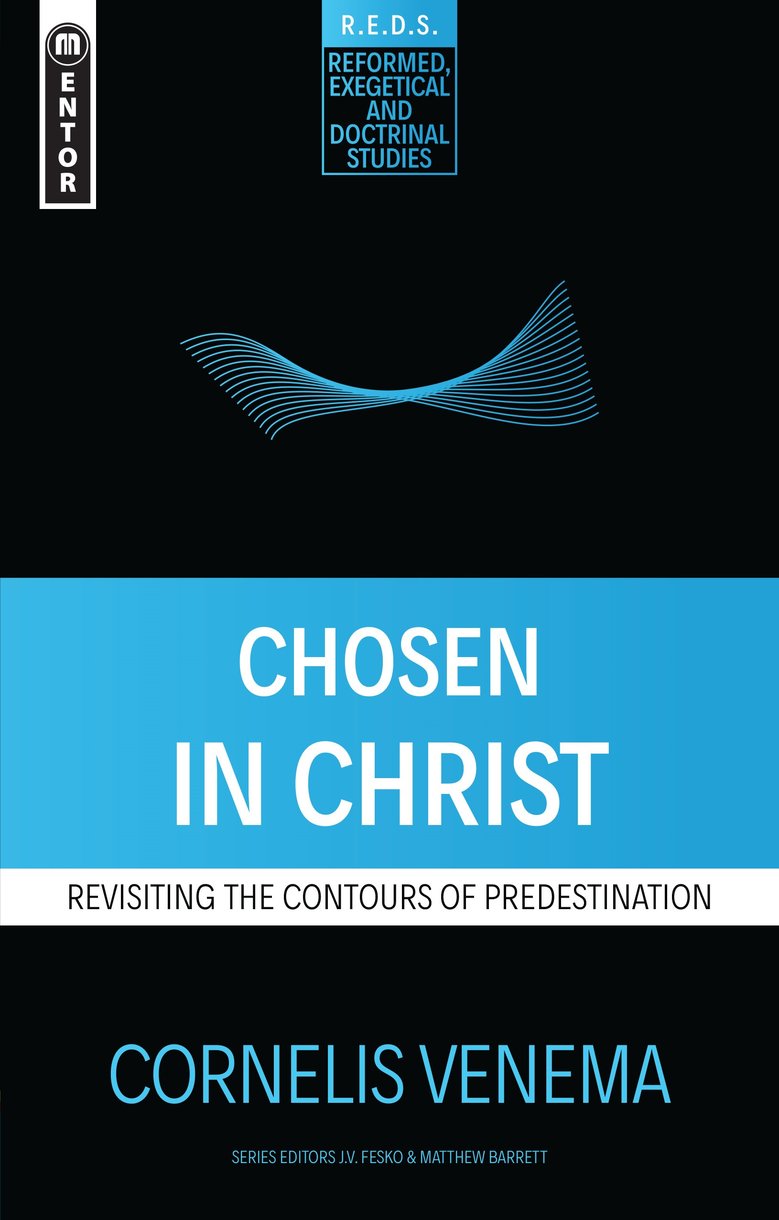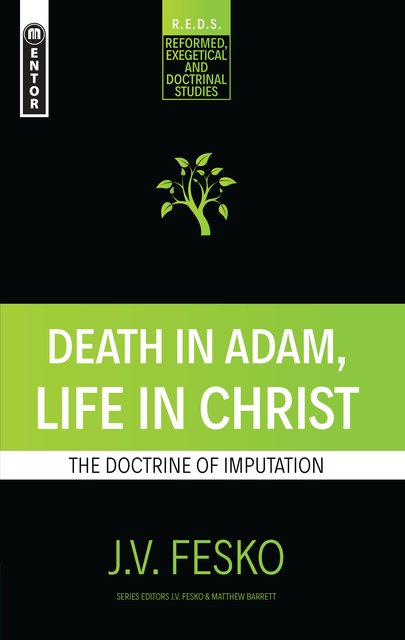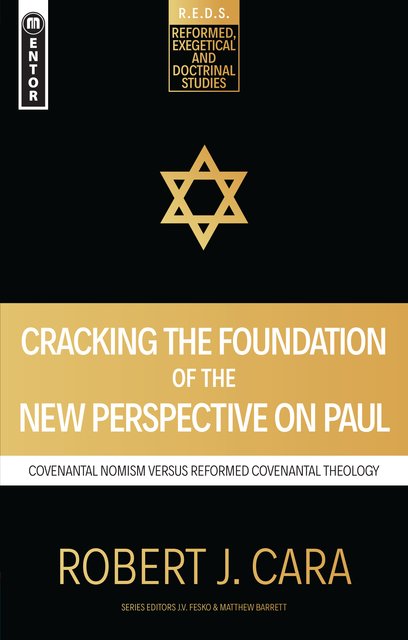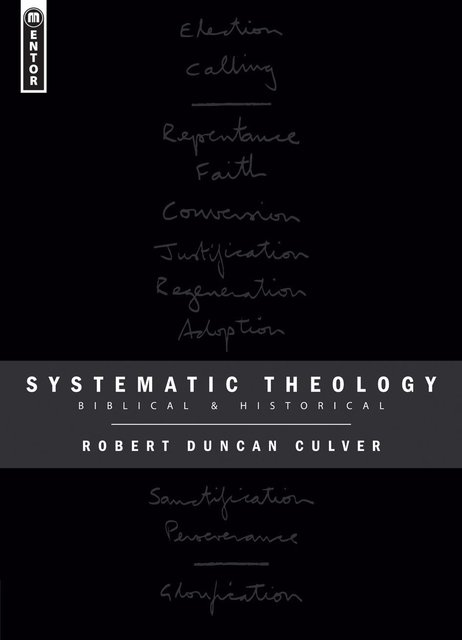
Released in the UK March 2019
Released in the US March 2019

Large trade paperback | 408 Pages
9781527102354 • £13.99 $19.99
BISAC – REL067100
Chosen in Christ
Revisiting the Contours of Predestination
Cornelis P. Venema
Part of the R.E.D.S. Series
Revisiting Predestination
Exegetical, Historical, Contemporary, and Pastoral
Cornel Venema revisits the important doctrine of predestination to re–familiarize the church with truths about God’s sovereignty in salvation. But he does not merely re–visit old ground but also engages a host of historic and contemporary challenges to the doctrine. He addresses the subject from exegetical, historical, contemporary, and pastoral vantage points.
Cornelis P. Venema
Cornelius P. Venema is President and Professor of Doctrinal Studies at Mid–America Reformed Seminary, Dyer, Indiana. He is also co–editor and frequent contributor to The Outlook and the Mid–America Journal of Theology.
Related Titles

9781781919088 |

9781781919798 |

9781845500498 |

Mentor
This is a magnificent discussion of predestination and election. I can think of no better resource, for not only does it address the usual questions surrounding this difficult but vital topic but it does so with close attention to the Biblical text and in dialogue with the history of thought from Augustine to the present day.
Robert Letham
Wales Evangelical School of Theology, Bridgend, Wales
Cornel Venema had given us a careful, thoughtful, and very helpful study of predestination: its biblical foundations, its historical development in Augustine and the Reformation, its modern challenges from Arminius, Barth, and open–theism, and its pastoral significance. Throughout Venema provides an excellent exposition and defense of the Reformed doctrine of election.
W. Robert Godfrey
President Emeritus, Professor Emeritus of Church History, Westminster Seminary in California, Escondido, California
… this book brings abundant exegesis and theological argument to bear on a controversial but wonderful truth. I’m delighted to commend such a learned and helpful work.
Michael Horton
J. Gresham Machen Professor of Systematic Theology and Apologetics, Westminster Seminary California, Escondido, California
This is an excellent introduction to Reformed teaching on election. Covers the biblical foundations patiently, addresses classical and contemporary challenges fairly, while keeping an eye on the pastoral ends of the doctrine. Highly recommended. Should become the standard intro.
Scott R. Swain
Professor of Systematic Theology, Reformed Theological Seminary, Orlando, Florida